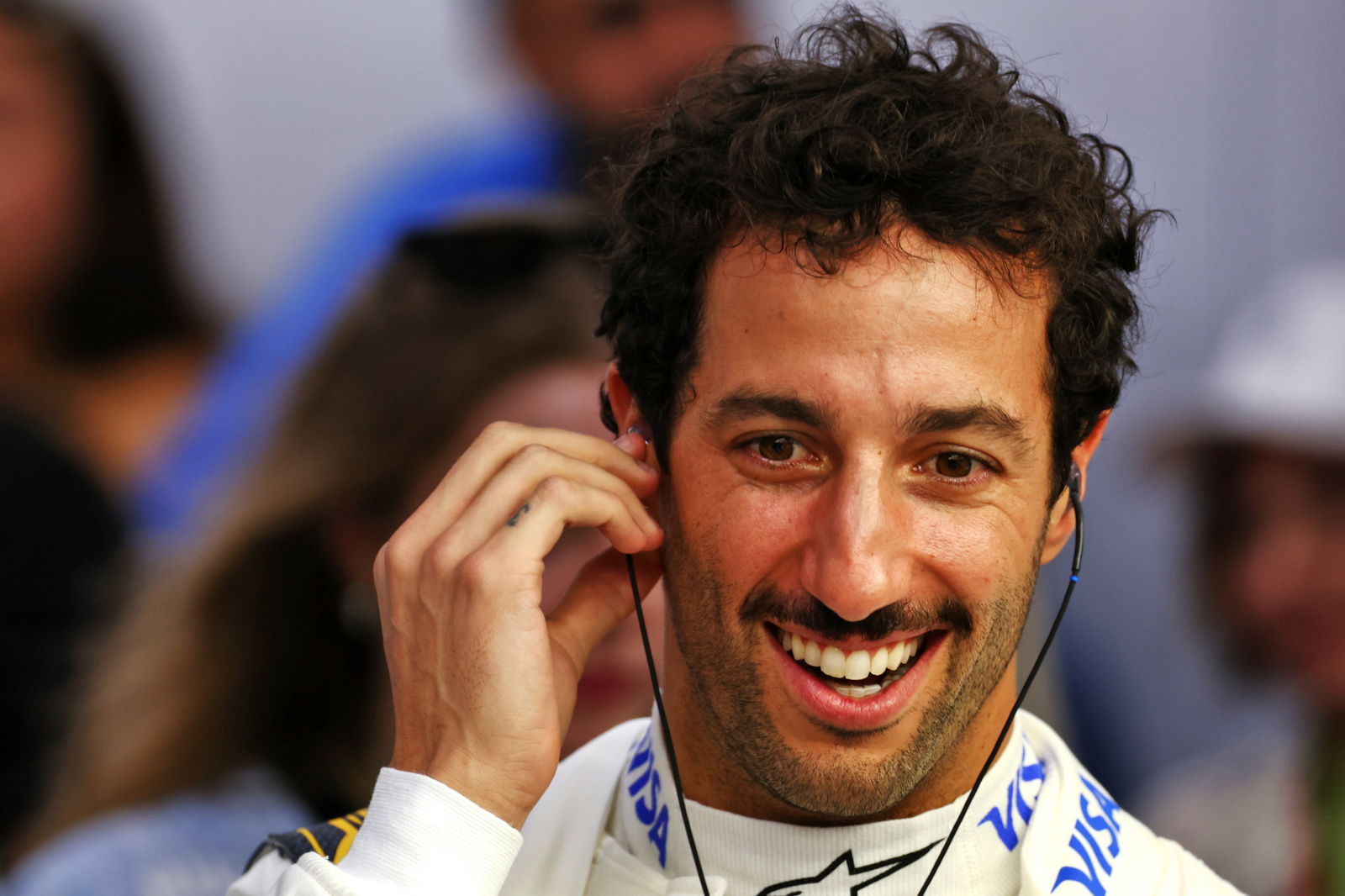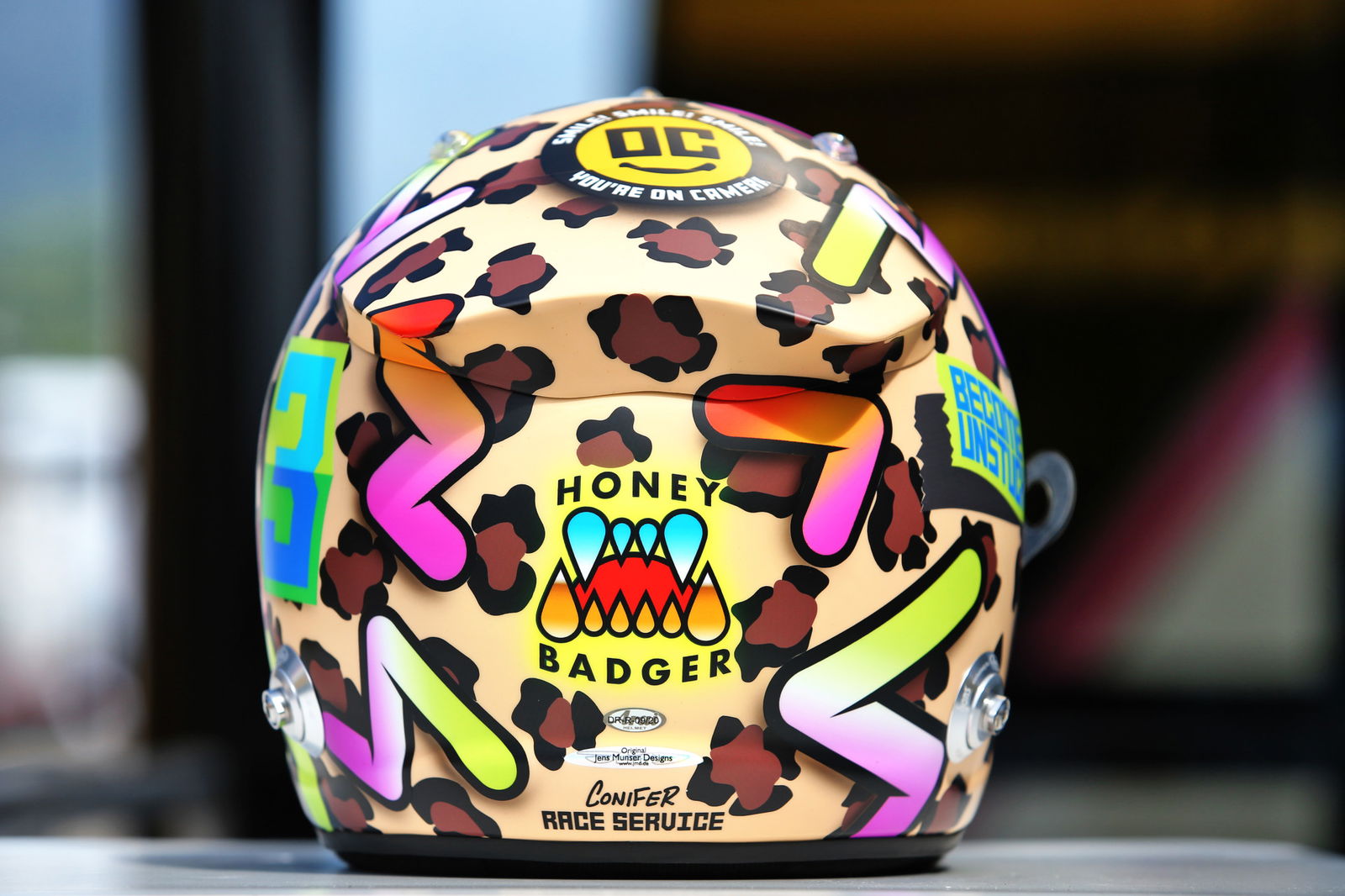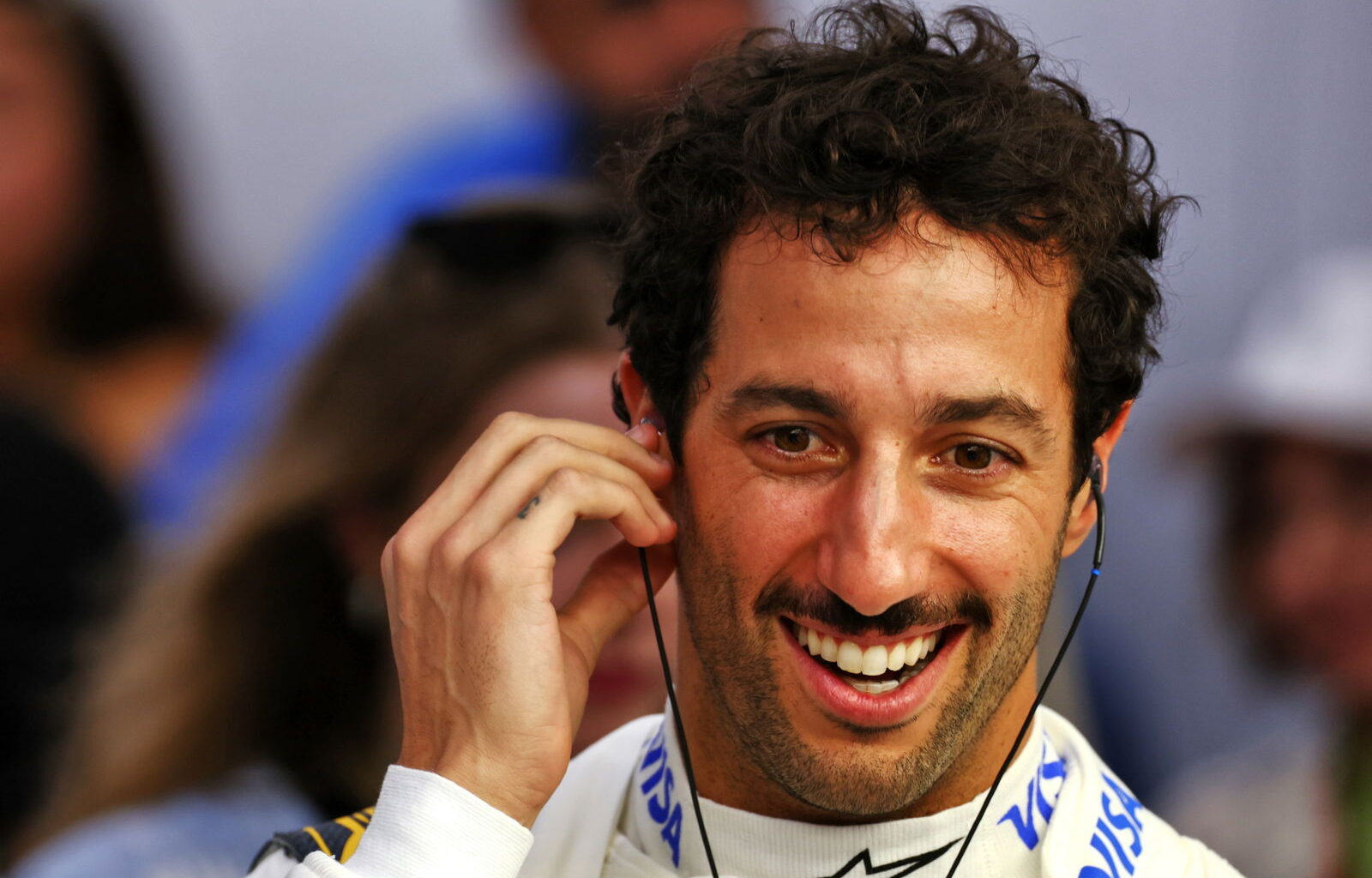
Daniel Ricciardo has revealed the origin of his famous nickname. Image: XPB Images
Speaking at Ray White’s Connect conference in Australia earlier this month, Ricciardo said the label came from the animal’s reputation for toughness despite its size.
“Honey badgers are cuddly and cute, super good-looking,” he joked. “But when something takes what’s theirs, they fight back, and I think that was sort of like my alter ego when I got behind the wheel.”
Ricciardo admitted he needed to develop the “killer instinct” to match his easy-going personality off the track.
“I have had a competitor in me since when I was a kid; I was always competitive in everything I did,” he said. “But the killer instinct I needed to develop and work on extracting it out of myself. I’m naturally more easy-going.”
He credited his former trainer, Stu Smith, with helping him find that harder edge.
“I did have to work at it, but when I let it out it did feel kinda nice – it’s nice to be a badass sometimes,” Ricciardo said.
The West Australian admitted that constant toughness did not come naturally.
“I would use too much energy trying to be tough all the time because it’s not natural for me. I would see other drivers who had that killer instinct from morning to night and I wished I could be like them,” said Ricciardo.
“I think people would see me laughing and joking, and they would see that as weakness and underestimate me. But I would put the helmet on and think, ‘Okay, now it’s time to be tough like the others’.”

Daniel Ricciardo raced with “Honey Badger” on several of his helmets. Image: Moy / XPB Images
Ricciardo said that mindset showed itself most clearly in his reputation for bold overtaking moves.
“There are a lot of drivers who could go on the track by themselves and be fast, but go on the track with 20 others and it’s about race craft, and overtaking is a big part of that,” he explained.
“It becomes quite scary because there’s some unpredictability and risk involved. You might be in third place and think, ‘Well, I’ve got a podium, do I need to risk crashing?’, but it’s the most fun, and I always thought it was better to crash than not try.”
“It got to a point [where] to me it was just instinct. You accept that if it doesn’t work you can be proud that you gave it a crack. I loved it, and I felt like the competitors would see me coming and knew I’d have a go, so I was already one step ahead.”
Ricciardo has spoken recently about his time since leaving the Formula 1 grid, describing it as a period of “self-exploration” and “trying to figure out who I am” beyond racing.
Across a career spanning almost 15 seasons, he made 257 starts, scored eight victories, three pole positions, 32 podiums and more than 1,300 championship points while driving for HRT, Toro Rosso, Red Bull, Renault, McLaren, Alpha Tauri and Racing Bulls.

